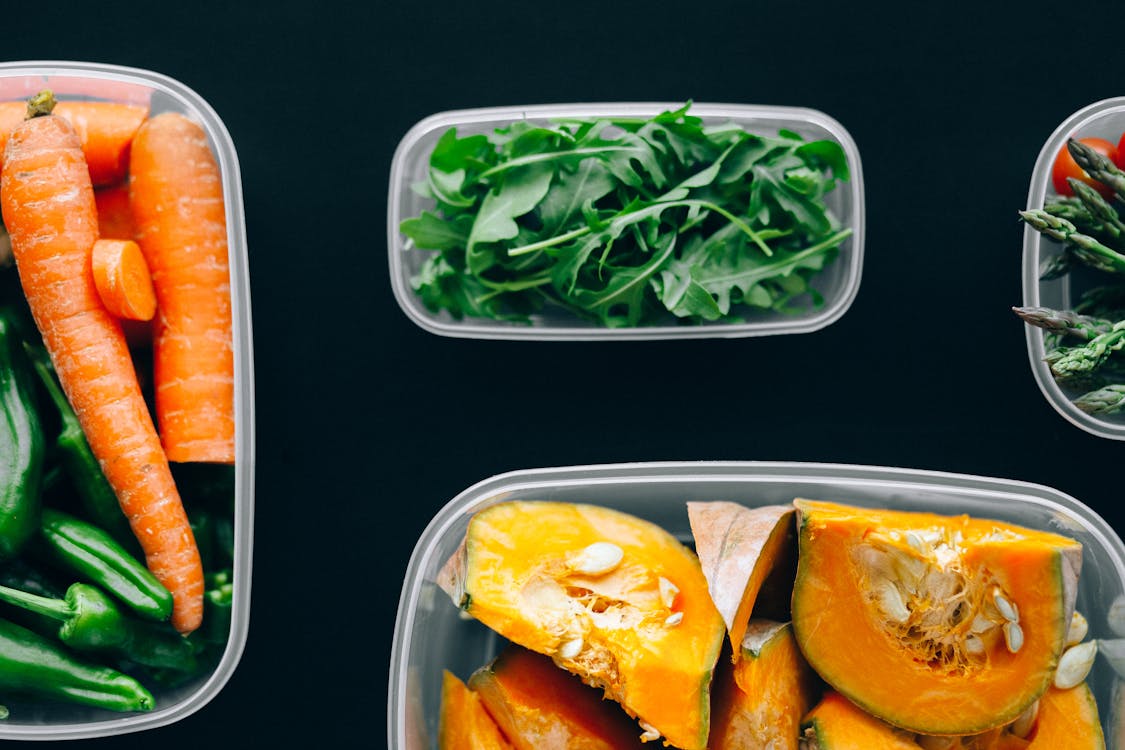Introduction
Finding a single food that contains all seven essential
nutrients in sufficient quantities to meet our daily requirements is a bit like
searching for a culinary unicorn. While many foods offer a rich array of
nutrients, it's rare for one food item to cover all our nutritional bases.
However, with a balanced and varied diet, it's entirely possible to obtain all
necessary nutrients from a combination of foods. Let's delve into the essential
nutrients and explore some foods that provide them.
The Seven Essential Nutrients:
1. Carbohydrates: Carbs are the body's primary source of
energy. They come in two forms: simple carbohydrates (sugars) and complex
carbohydrates (starches and fiber).
2. Proteins: Proteins are the building blocks of the body,
essential for muscle repair and growth, as well as many other bodily functions.
3. Fats: Fats are crucial for energy, nutrient absorption,
and maintaining healthy cells. They also provide insulation and protect organs.
4. Vitamins: Vitamins are organic compounds that regulate
various bodily functions, including metabolism, immunity, and vision. They are
divided into two categories: fat-soluble (A, D, E, K) and water-soluble (B
vitamins and vitamin C).
5. Minerals: Minerals are inorganic substances necessary for
bone health, fluid balance, nerve function, and many other physiological
processes. Examples include calcium, iron, potassium, and magnesium.
6. Water: While not a nutrient in the traditional sense,
water is essential for hydration, digestion, temperature regulation, and
nutrient transport throughout the body.
7. Dietary Fiber: Fiber is a type of carbohydrate that the
body can't digest. It's essential for digestive health, promoting regular bowel
movements, and reducing the risk of certain diseases.
Foods That Provide
All Seven Nutrients:
While it's challenging to find a single food that contains
all seven essential nutrients in significant quantities, we can look at a
variety of foods that collectively cover these nutritional bases:
1. Salmon: This fatty fish is an excellent source of protein
and healthy fats, particularly omega-3 fatty acids. It also contains various
vitamins and minerals, including vitamin D, vitamin B12, and selenium.
2. Eggs: Eggs are packed with high-quality protein, vitamins
(A, D, E, B12), and minerals (iron, zinc). They also provide essential fats,
including omega-3s if the hens are fed a diet rich in them.
3. Spinach: Leafy greens like spinach are nutritional
powerhouses, providing vitamins (A, C, K), minerals (iron, calcium, magnesium),
and dietary fiber. They are also low in calories, making them an excellent
choice for weight management.
4. Quinoa: Quinoa is a complete protein, meaning it contains
all nine essential amino acids. It's also rich in complex carbohydrates, fiber,
vitamins (B vitamins), and minerals (iron, magnesium, phosphorus).
5. Greek Yogurt: Greek yogurt is an excellent source of
protein, calcium, and probiotics, which are beneficial for gut health. It also
provides vitamins (B12) and minerals (potassium).
6. Almonds: Almonds are a nutritious snack, rich in healthy
fats, protein, fiber, vitamins (E, B vitamins), and minerals (magnesium, calcium,
iron).
7. Sweet Potatoes: Sweet potatoes are packed with complex
carbohydrates, fiber, vitamins (A, C, B vitamins), and minerals (potassium,
manganese).
Creating a Balanced Meal Plan:
While no single food contains all seven essential nutrients
in significant amounts, incorporating a variety of nutrient-dense foods into
your diet can ensure you meet your nutritional needs. Here's a sample meal plan
that includes a diverse range of foods:
Breakfast:
- Greek yogurt parfait with mixed berries, almonds, and a
drizzle of honey
- Whole grain toast with avocado slices and a poached egg
- Orange juice or a piece of fresh fruit for vitamin C
Lunch:
- Spinach salad with grilled salmon, quinoa, cherry
tomatoes, and avocado
- Whole grain roll on the side for added carbohydrates
- Mineral water or herbal tea for hydration
Snack:
- Sliced carrots and cucumber with hummus
- Hard-boiled egg for protein and vitamins
Dinner:
- Baked sweet potato topped with black beans, salsa, and a
sprinkle of cheese
- Steamed broccoli on the side for added fiber and vitamins
- Glass of milk or fortified plant-based milk for calcium
and vitamin D
Dessert:
- A piece of dark chocolate for a satisfying treat with
antioxidants
Conclusion:
While it's unlikely to find a single food that provides all
seven essential nutrients in significant quantities, a balanced and varied diet
consisting of a combination of foods can ensure you meet your nutritional
needs. Incorporating nutrient-dense foods like salmon, eggs, spinach, quinoa,
Greek yogurt, almonds, and sweet potatoes into your meals can help you achieve
optimal health and wellness. Remember to stay hydrated and enjoy a wide variety
of foods to maximize your intake of essential nutrients.


